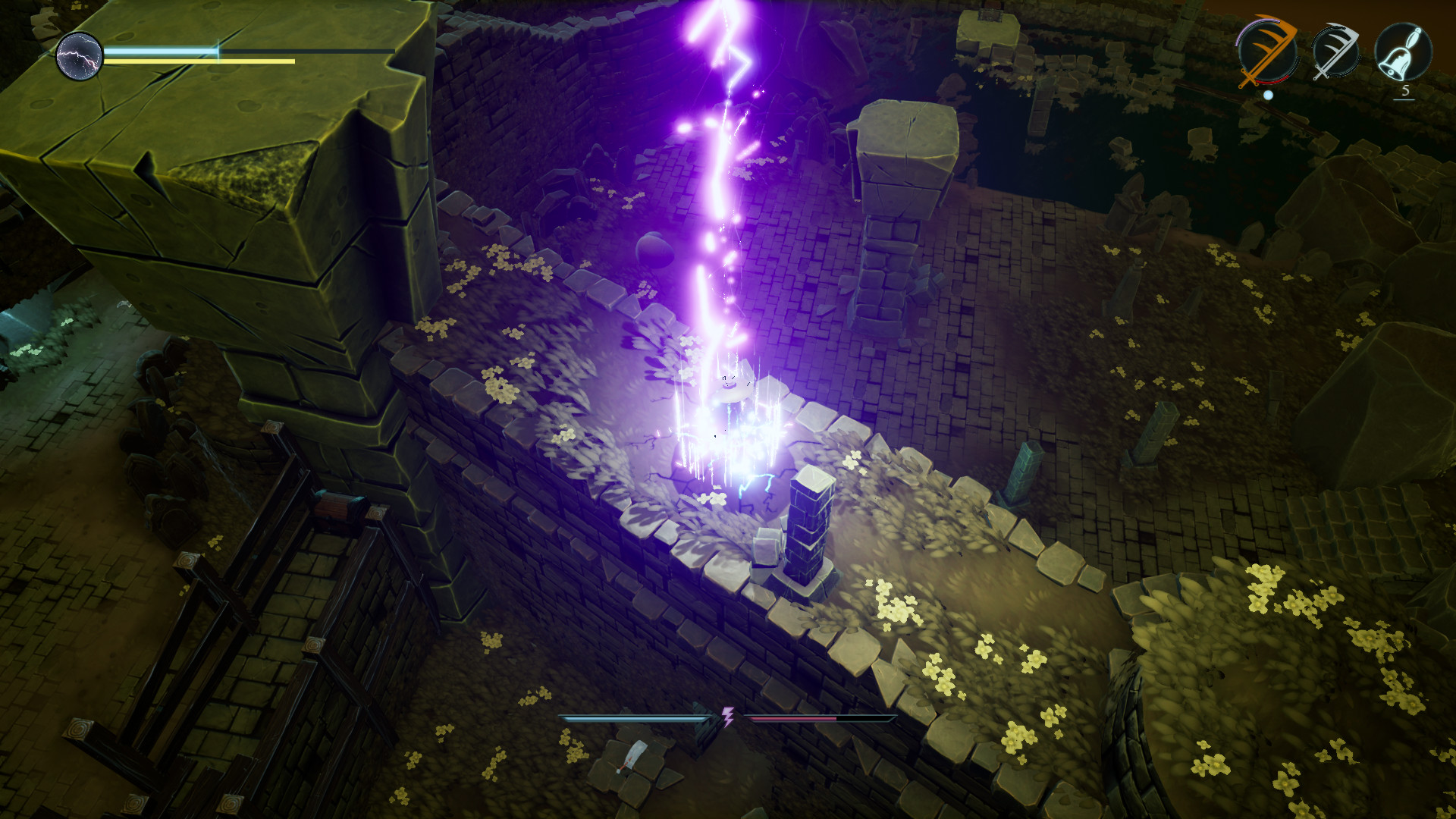

Emotions and OutcomesĨ2% of Assertive Mediators say they are usually optimistic about the outcomes of the risks they take, compared to 44% of Turbulent Mediators. Where Turbulent Mediators may ask too much of themselves, Assertive Mediators may run the danger of asking too little, if there are problems hidden behind an illusion of everything being just fine. People rarely attend to the things they shrug off. But an automatic habit of blanketing everything with a sunny appraisal can fog over areas that need improvement. These personalities are usually good at fostering encouragement and hope. “HANDLING STRESS” SURVEYĪssertive Mediators, relying on optimism and self-assurance to inspire them, can put a lot of energy into their humanistic goals. But the word “lazy” is probably not nearly as dire and filled with judgment for Assertive Mediators as it is for their Turbulent counterparts.Ĩ7% of Assertive Mediators say they feel confident to face day-to-day difficulties, compared to 48% of Turbulent Mediators. It’s notably less than the number of Turbulent Mediators who apply the label to themselves. For example, a small majority of them see themselves as “lazy” (as Prospecting personality types tend to do). They tend to filter their caring for others, as well as other things, through a rosier-colored lens. It’s just a different, less pensive expression of these qualities. It’s not that Assertive Mediators are any less idealistic or sensitive. They usually prefer to use their time thinking about positive possibilities. These personalities typically do the same with their flaws. But they are unlikely to let it take up too much real estate in their minds. “THOUGHT PATTERNS” SURVEYĪssertive Mediators are more likely to see a mistake as a one-off accident or simple carelessness – as the occasional kind of thing everyone does. The poor self-evaluation of their work ethic is just as likely the result of their negative slant as it is a measurable reality.Ħ8% of Turbulent Mediators say they see many of their mistakes as failures, compared to 24% of Assertive Mediators. All other things being equal, Turbulent people generally work hard to compensate for what they see as a weakness. But a neutral assessment may reveal this to be not entirely accurate. “LAZINESS” SURVEYįor example, Turbulent Mediators are likely to describe themselves as “lazy” more often than Assertive Mediators – and most other personality types (all except two). They are more likely to see a mistake as a reason to doubt themselves.Ĩ5% of Turbulent Mediators say they consider themselves to be lazy people, compared to 66% of Assertive Mediators. Even the smallest flaw may seem more significant than it is. But, for these personalities, their imaginations and sensitivity may magnify the damage caused by negative self-talk. Self-criticism rings true for any Turbulent individual. When they don’t meet their unyielding (perhaps at times unreasonable) goals, they are likely to be hard on themselves. Turbulent Mediators are apt to ask too much of themselves and become overwhelmed. This drive to correct what they decide are flaws often pushes them to work hard.īut idealism is a demanding standard. They are likely to use a strongly idealistic filter to assess where and how they need to improve. However, when applied to Mediators, this Turbulent quality spins them in a distinct direction. They often use this dissatisfaction to try to become better people. Turbulent personality types are typically not comfortable with their current lives.

We find that one personality type tends not only to put others ahead of themselves, but also to be harder on themselves than the other.Ĩ5% of Assertive Mediators say they feel comfortable with themselves, compared to 40% of Turbulent Mediators. However, when Identity separates the two kinds of Mediators, a pronounced difference emerges. When it comes to self-regard, as a group, Mediators are more likely to boost someone else’s self-esteem before they tend to their own – even sometimes at their own expense. The Difference Is in Too Much or Too Little Healing from Divine Favor is not increased.Are you a Turbulent Mediator? Check out “Turbulent Mediator Superpowers” at the bottom of this article for the deepest insights into who you are.The healing bonus does stack with skills like Healer's Boon.You can, however, pre-cast Unyielding Aura before entering the spirit's range and stop maintaining it to resurrect a dead party member. This spell can not be cast while in range of a spirit of Frozen Soil.The randomly selected party member has to be within casting range.Kaia Wupwup ( Spearhead Peak, Talus Chute).


 0 kommentar(er)
0 kommentar(er)
